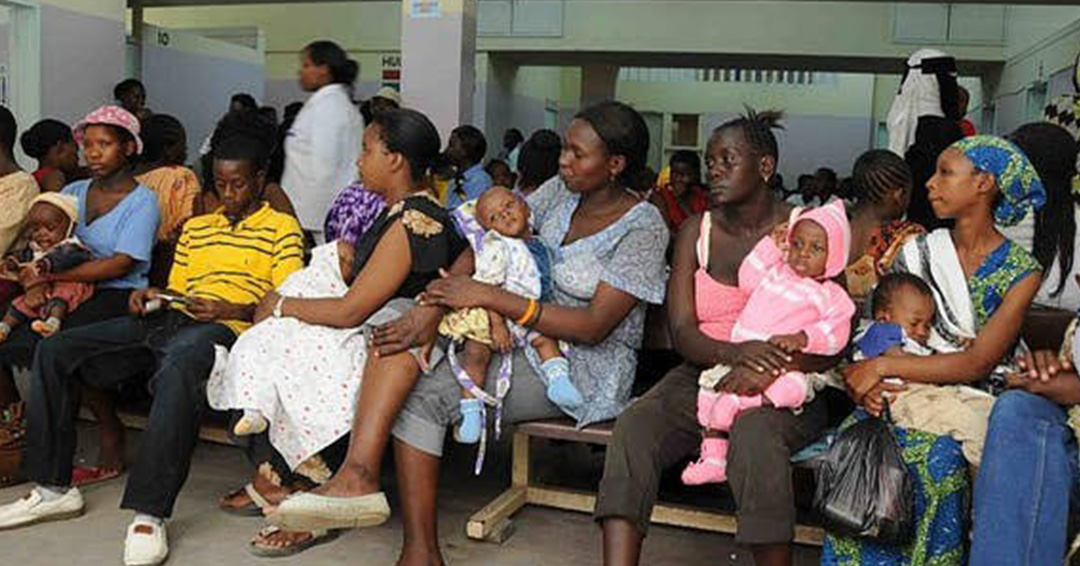
Sep
KIU Teaching Hospital Strengthens Partnership With Kitagata General Hospital
September 5, 2024, 9:40 am
 Administrator
Administrator

By Rogers Wanambwa�
KIU, Main Campus c��?? Yesterday, the Parliament of Uganda considered and passed the National Insurance Health Scheme Bill 2019 with amendments. This was after the 3rd hearing by the members of parliament.�
Even so, this was after the Health State Minister in charge of General Duties, Robinah Nabanjac��?cs motion to withdraw the bill.�
c��?The Minister of Health in collaboration with other stakeholders is undertaking further consultations and analysis of the premiums based on the interim actuarial study conducted by the IRA in collaboration with the Ministry of Health in 2019. We expect to reintroduce the Bill when this outstanding issue is concluded to ensure a universal enrolment of the population in Uganda under the NHIS,c⬝ Nabanja said.�
Parliament however went ahead to debate the bill after the instigation of Kassanda North MP Patrick Oshabe. Besides, State Minister for Finance, David Bahati, too seconded the move of motion for the second reading of the Bill.�
According to Dr. Micheal Bukenya, the Chairperson of the Parliament Health Committee, the controversial clauses that were holding back the Bill were removed as more consultations are being done.�
c��?Contribution to the scheme shall be based on actuarial variation. This is done by scientists, insurers who are competent in assessing how much people can afford to pay. The law allows actuarial variations to be done regularly and to be discussed and then agree to a position that is acceptable to everybody. In the law itself, the premium is not there,c⬝ said Dr Bukenya.���
As it is, the bill had proposed that individuals in the informal sector will be required to pay a proposed UGX100,000. Those in the formal sector will be subject to a 4% deduction on their salaries. Their employers would contribute a 1% to the health scheme.�
Ultimately, this received public backlash who cited an already burdensome number of taxes they are paying. Parliament also agreed to implement the scheme in a phased way.�
Ministry of Health statistics show that Ugandac��?cs total health expenditure rises to UGX7.5 trillion. 15% comes from the government, 42% from donors and 41% from individuals (out of pocket) as and when they fall ill. Only 2% is from pre-payment schemes.�
Kampala International University,
Box 20000, Ggaba Road, Kansanga, Kampala
+256-760 502660
+256-700 100808